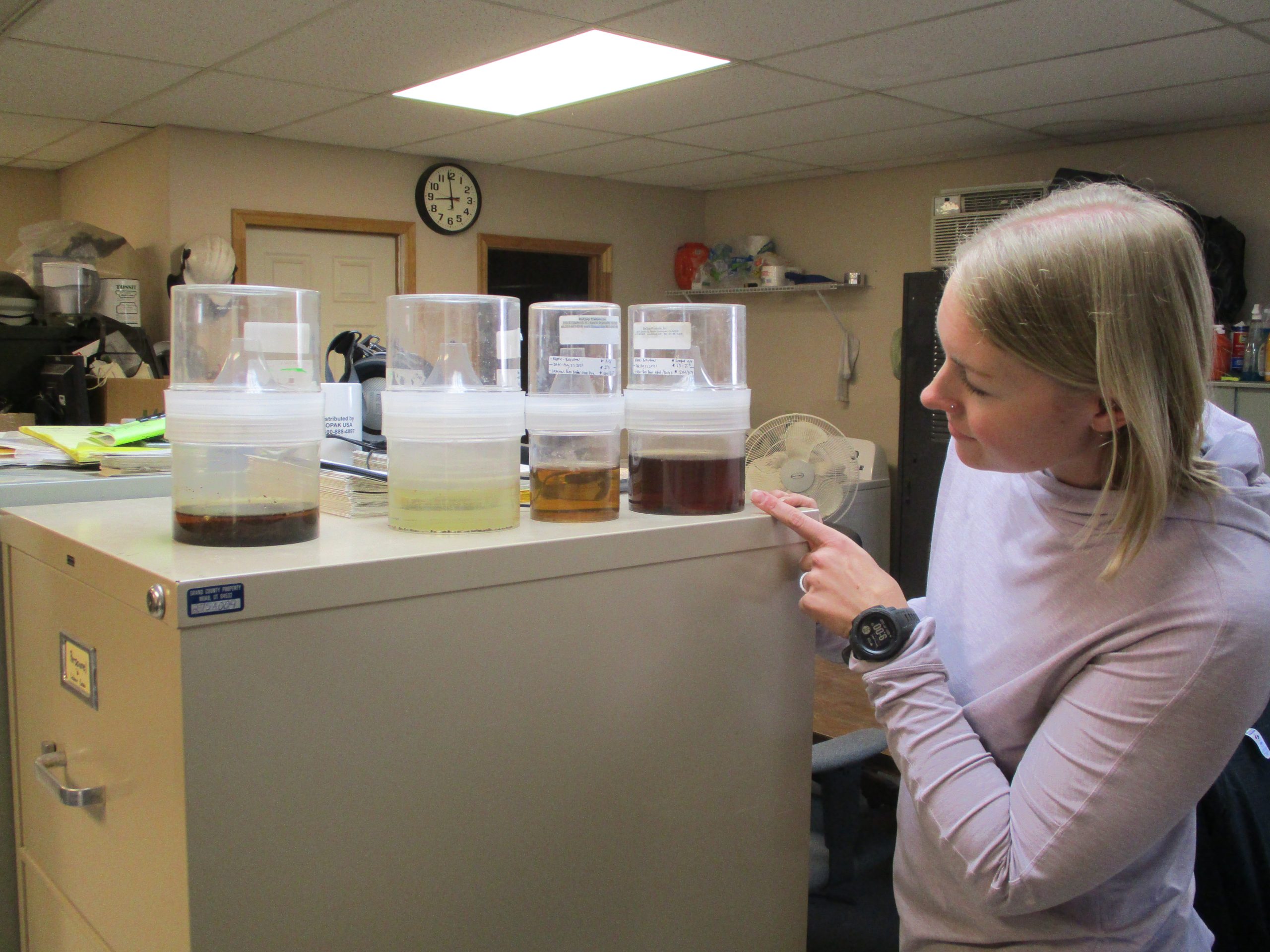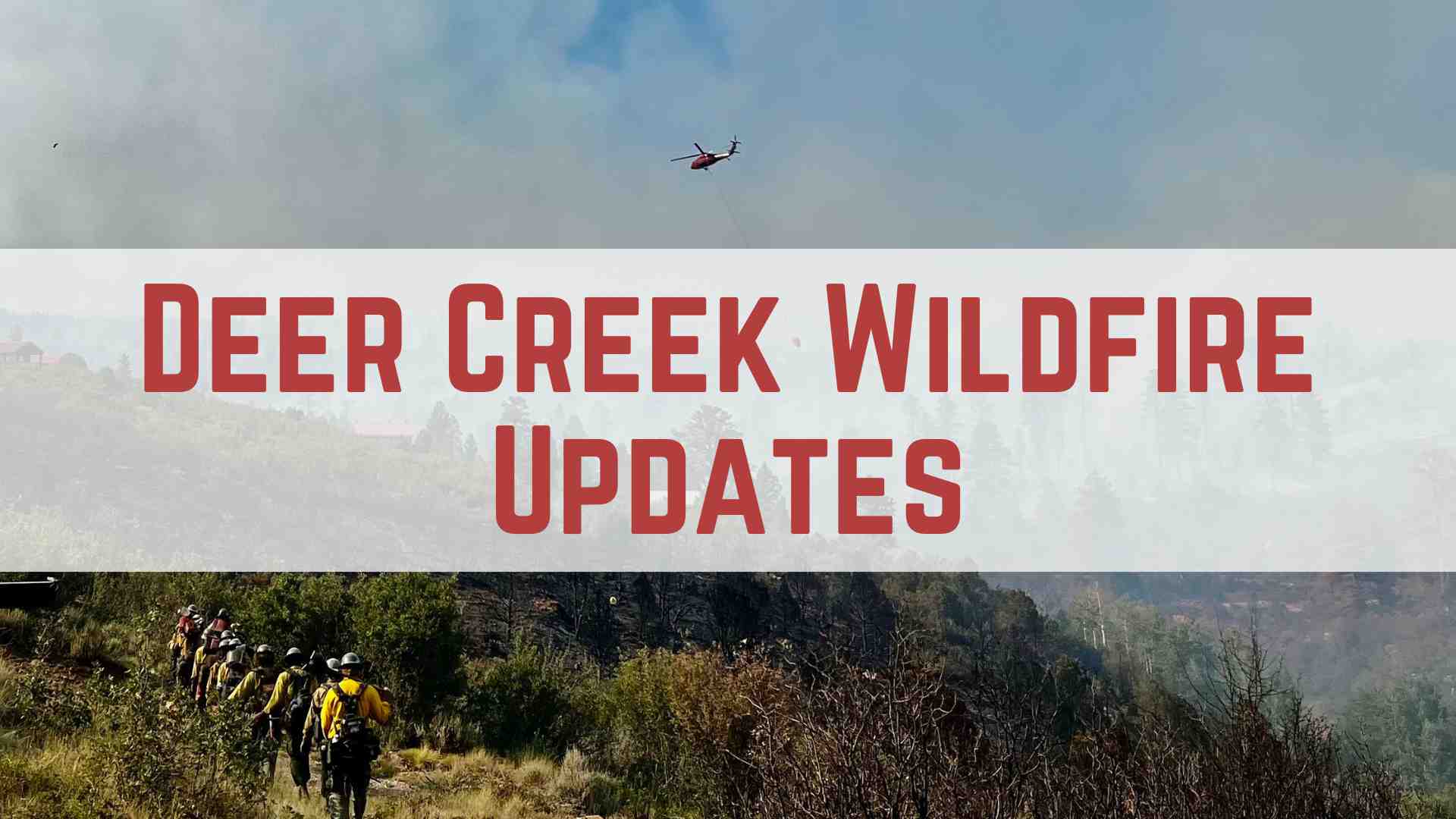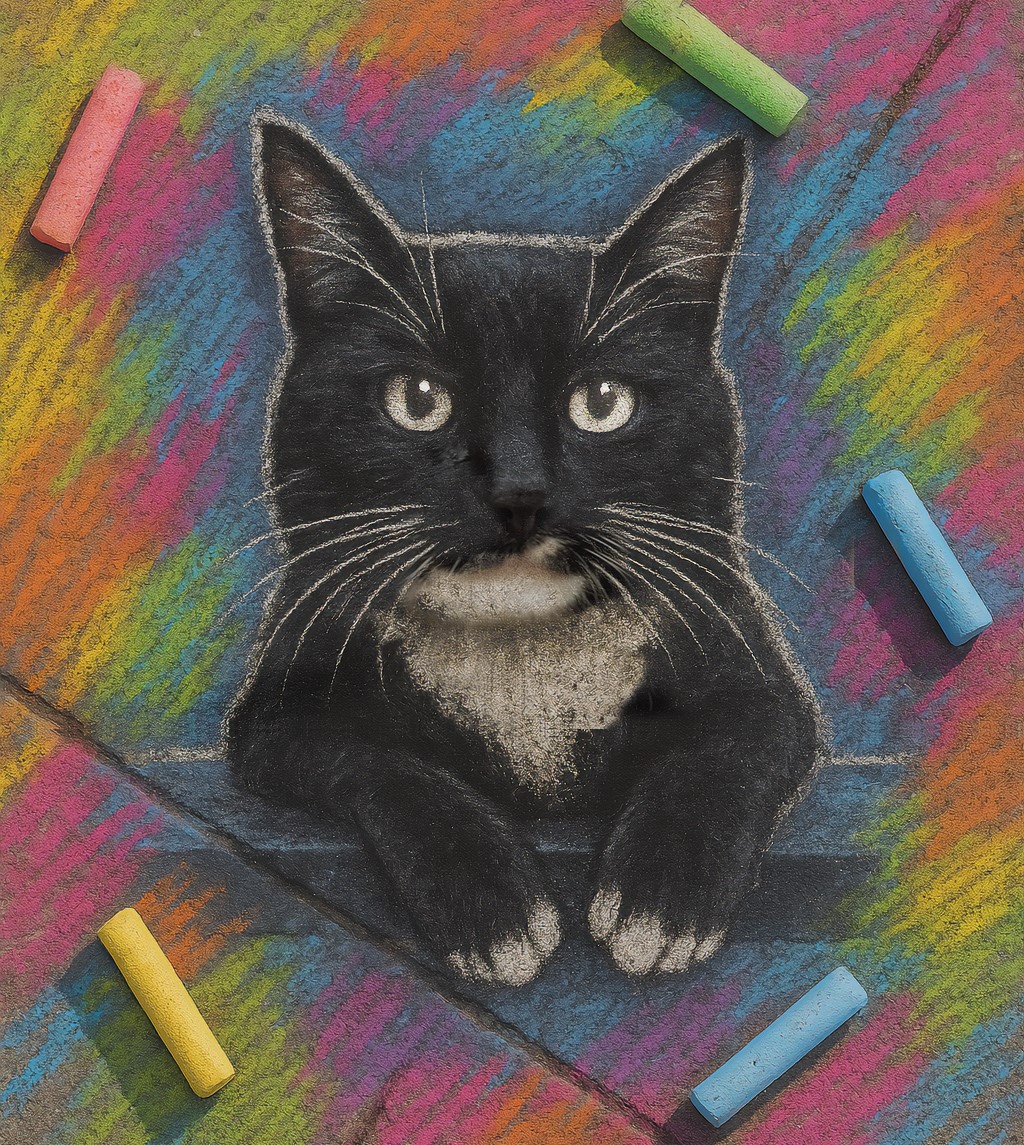Some information may be outdated.
Michele Rehbein, manager of the Moab Mosquito Abatement District, has spent eight years studying the world’s deadliest animal: mosquitos.
Each year, mosquitos kill more humans than any other animal due to their ability to carry deadly diseases such as malaria, yellow fever, Zika and West Nile Virus. Rehbein says that she first got interested in studying the insects when she was attending Western Illinois University.
“There are so many different pathways you can take in terms of studying mosquitos,” she said. Her mosquito research came from her research in environmental science, but studying mosquitos also has to do with studying water quality, public health, microbiology and the natural environment, she said.
Rehbein will discuss her mosquito research and specifically, her work with mosquitos in Moab, at the last of this year’s Science Moab on Tap series on Tuesday, February 8.
Rehbein initially moved to Moab because of her husband’s job at Elements Wilderness Program, a wilderness therapy program based in Huntington. Rehbein started working at the Moab Mosquito Abatement District in May 2021.
Mosquito season in Moab can begin as early as February and usually starts by April. At the MMAD, staff monitor survey mosquito breeding habitats by checking for mosquito larvae in standing water and by catching adult mosquitos in traps.
Rehbein said she’s hoping to do more research this mosquito season and do more educational outreach. At the Science Moab on Tap presentation, titled, “Who Run the World? Mosquitos: Keeping up with the world’s deadliest animal,” she’ll talk about various mosquito species found in Moab and how the Abatement District tracks them.
“And I’ll talk about the ecology of mosquitos, like what they’re doing here in Moab and what different species we find,” she said.
What’s important about mosquito species is that different types of species can carry different diseases—this past mosquito season, the MMAD was particularly concerned with the Aedes Aegypti species, which can carry diseases like Zika, chikungunya and yellow fever.
“We’re kind of unique because we have the Matheson Wetlands Preserve in Moab,” Rehbein said. “It’s like an oasis in the desert. With that, we have our regular native [mosquito] species, but with so many people coming in and out of Moab each year, sometimes we get species that shouldn’t be here. Invasive species can really impact not only ecosystems, but also humans, with all the different types of diseases coming in.”
Once invasive mosquito species settle in, they’re extremely difficult to eradicate: mosquitos have no efficient natural predators, Rehbein said. Birds and fish will eat mosquitos, but mosquitos can populate so rapidly.
“For those who have lived here for years, mosquitos can be a really big deal,” said Kristina Young, the founder of Science Moab. “I’ve heard a lot of things, but I’ve never all the way known the whole story behind mosquito ecology and what they’re doing and what the impacts are, and what management really looks like. I’m very excited for Michele’s talk.”
Rehbein’s presentation will be the last Science Moab on Tap event for the 2021-2022 fall/winter season—Young hopes the series can keep returning each year.
“We do these events very specifically over the winter because they’re for this community,” Young said. “The main goal is to serve the community and give us an opportunity to celebrate this place, and all it has to teach us.”
Rehbein’s presentation will be on Tuesday, February 8 at Spitfire Smokehouse (2 S. 100 W.), and will be partially outside, so attendees are encouraged to dress for the weather. Doors open at 5:30 p.m., and the talk will begin at 6.
Appreciate the coverage? Help keep local news alive.
Chip in to support the Moab Sun News.





